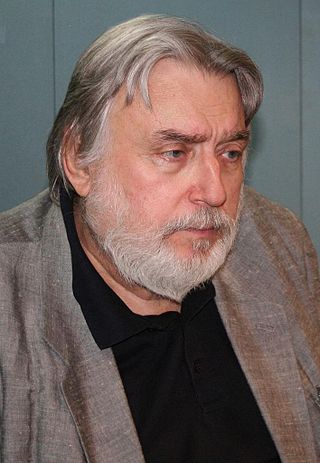
Adrian Păunescu was a Romanian writer, publisher, cultural promoter, translator, and politician. A profoundly charismatic personality, a controversial and complex figure, the artist and the man are almost impossible to separate. On the one hand he stands accused of collaboration with the Communist regime, but on the other hand he was persecuted and ostracised by the regime when he started to confront its failures, and when his influence started to be considered dangerous.
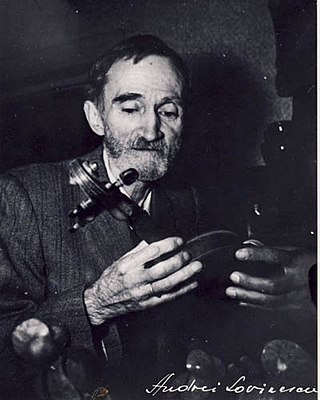
George Bacovia was a Romanian symbolist poet. While he initially belonged to the local Symbolist movement, launched as a poet by Alexandru Macedonski with the poem and poetry collection Plumb ("Lead"), his poetry came to be seen as a precursor of Romanian Modernism and eventually established him in critical esteem alongside Lucian Blaga, Tudor Arghezi, Ion Pillat, Ion Barbu, and Octavian Goga as one of the most important interwar Romanian poets. In the 1950s, he wrote the poem "Cogito", which is his poetical testament.
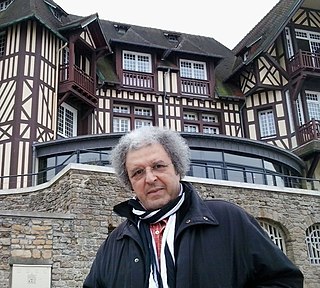
Costin Petrescu is an architect, graphic artist, percussionist and Romanian-French composer.
Ioan Mihai Cochinescu is a Romanian novelist and essayist. He is also a film script author and director, an art photographer, teacher, musicologist and composer.

Laura Pavel is a Romanian essayist and literary critic.

Anca Parghel was a Romanian jazz singer, composer, arranger, pianist, choir conductor, and music teacher. As a jazz vocalist, she excelled in scat, vocal percussion, and improvisation. Her voice had a four octave range, this being one of the reasons she was compared to Yma Sumac in the Romanian music press. She had an exceptional ability to interpret songs in English, French, German, Italian, Spanish, or Portuguese.

Puși Dinulescu (Romanian pronunciation:[ˈpuʃidinuˈlesku]; born Dumitru Dinulescu was a Romanian playwright, film, theatre and television director, novelist, and poet.
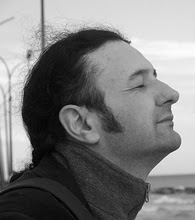
Gelu Vlașin is a Romanian poet and essayist.
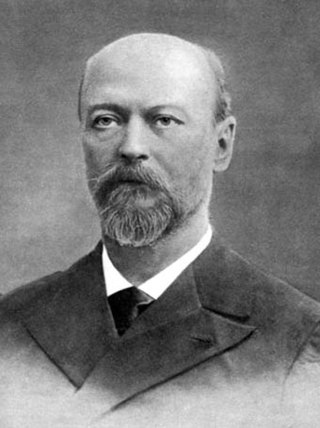
Petru Poni was a Moldavian chemist and mineralogist.
Maria Gheorghiu is a Romanian folk singer and songwriter. In 1993, she won first prize at the National Festival of Folk Music 'Om Bun'.

Mircea Constantin Demetriade was a Romanian poet, playwright and actor, one of the earliest animators of the local Symbolist movement. Born in Oltenia to a theatrical family, he largely gave up on a similar career to become a bohemian writer. He associated with, and was inspired by, Alexandru Macedonski, building on early romantic influences at Literatorul magazine. Later, he incorporated borrowings from Charles Baudelaire and Arthur Rimbaud, two of the authors Demetriade would translate into Romanian.
Mircea Ciobanu was a Romanian poet, writer, editor, translator and essayist.
Twelve Thousand Head of Cattle is a 1952 novella by the Romanian writer Mircea Eliade. It was written in Paris in December 1952 and published in 1963 in Nuvele, printed by Cercul de Studii "Destin" of Madrid. It was translated by Eric Tappe in Fantastic Tales, London, Dillon’s, 1969.

Lidia Vianu is a Romanian academic, writer, and translator. She is a professor in the English department of the University of Bucharest, a writer of fiction and poetry, and a translator both from English into Romanian, and from Romanian into English.
The Criterion Association was a cultural group that held conferences, symposia, artistic events, and exhibitions in Bucharest, Romania, from 1932 to 1934. It was not the only such cultural group in Bucharest at the time but it attracted the most attention. Although its membership comprised many of the most promising minds of the Young Generation, the Criterion Association was not limited to the Young Generation and therefore those two groups are not interchangeable, as they so often mistakenly are taken to be. The association was a fruition of the Young Generation’s ambition.

The National College is one of the oldest and most prestigious high schools in Romania, located in Iași, at 4 Arcu Street.

Mihai Viteazul National College is a high school located at 62 Pache Protopopescu Boulevard, Bucharest, Romania. One of the most prestigious secondary education institutions in Romania, it was named after the Romanian ruler Michael the Brave.
Events from the year 1949 in Romania. The year saw the introduction of collectivization and the first Romanian identity card.
Events from the year 1934 in Romania. The year saw the country sign the Balkan Pact.
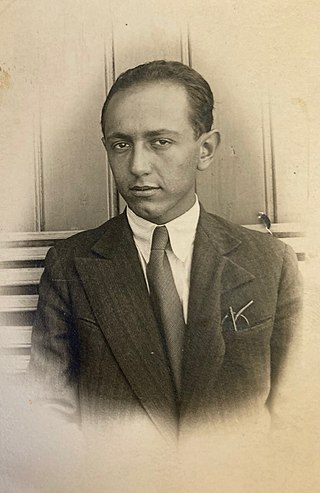
Andrei Tudor (Romanian pronunciation:[anˈdrejˈtudor]; was a Romanian poet, translator and musicologist.












